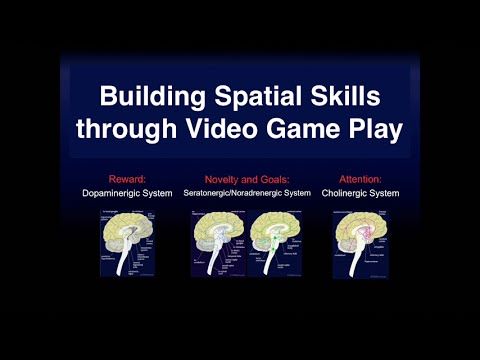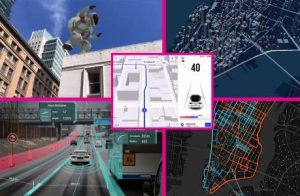
Gaming has become an integral part of the modern world, with millions of people engaging in various forms of digital entertainment. While gaming is often seen as a recreational activity, it has also been found to have numerous cognitive benefits. One of the most significant areas in which gaming has a positive impact is the development of spatial awareness skills. In this article, we will explore how gaming enhances spatial awareness and its implications on cognitive development.
Understanding Spatial Awareness
Spatial awareness refers to an individual’s ability to understand and navigate the space around them. It involves perception, processing, and interpretation of visual information to comprehend distances, sizes, and relationships between objects in a given environment. Spatial awareness is a fundamental cognitive skill that is crucial in everyday tasks, such as driving, sports, and even simple activities like pouring a glass of water.
The Link Between Gaming and Spatial Awareness
Modern video games often require players to navigate complex virtual environments, making split-second decisions about distances, angles, and object orientation. This repeated exposure to virtual spatial challenges has a profound impact on the development of spatial awareness skills. Studies have shown that frequent gaming can significantly enhance various aspects of spatial cognition, including spatial memory, mental rotation, and visualization.
Enhancing Spatial Memory
Spatial memory is the ability to remember and mentally manipulate spatial information. Gaming requires players to navigate and memorize virtual maps, landscapes, and environments. Regular gaming exercises spatial memory, leading to improvements in this aspect of cognitive function. As players repeatedly move through virtual spaces, they develop a better understanding of spatial layouts, which translates into enhanced spatial memory in real-world situations.
Mental Rotation Abilities
Mental rotation refers to the ability to visualize and mentally manipulate objects in three-dimensional space. Many games, especially those in the puzzle or strategy genres, involve complex spatial puzzles that require players to mentally rotate objects or imagine how they fit into an environment. The repetitive nature of these tasks in gaming stimulates the brain’s neural pathways associated with mental rotation, leading to improved spatial awareness and mental rotation abilities in players.
Impact on Cognitive Development
The positive impact of gaming on spatial awareness skills goes beyond immediate gaming benefits. Developing strong spatial awareness skills through gaming can have significant implications for cognitive development in general. Spatial awareness helps individuals in many real-world tasks, such as reading maps, understanding directions, and even problem-solving in STEM-related fields.
Practical Applications in STEM Fields
Professions that require a strong spatial awareness foundation, such as architecture, engineering, and design, can greatly benefit from individuals with well-developed spatial skills. Gaming provides an engaging and enjoyable way to train and hone these skills from a young age. As a result, individuals interested in STEM fields who engage in gaming may have a competitive advantage in these areas due to their enhanced spatial awareness.
Benefits in Learning and Education
Considering the significant impact of gaming on spatial awareness skills, educational institutions are increasingly incorporating gamified learning techniques into their curricula. By incorporating gaming elements and virtual environments into the learning process, educators can leverage the benefits of gaming to enhance spatial awareness and overall cognitive development in students. This approach fosters engagement, creativity, problem-solving, and critical thinking skills.
Conclusion
In conclusion, gaming has a profound impact on the development of spatial awareness skills. Through the navigational and cognitive challenges presented in virtual environments, gaming enhances spatial memory, mental rotation abilities, and overall spatial cognition. The positive effects of gaming on spatial awareness extend beyond recreational benefits, highlighting practical applications in STEM fields and education. As technology continues to advance, gaming will undoubtedly continue to play a pivotal role in cognitive development and spatial awareness enhancement.


